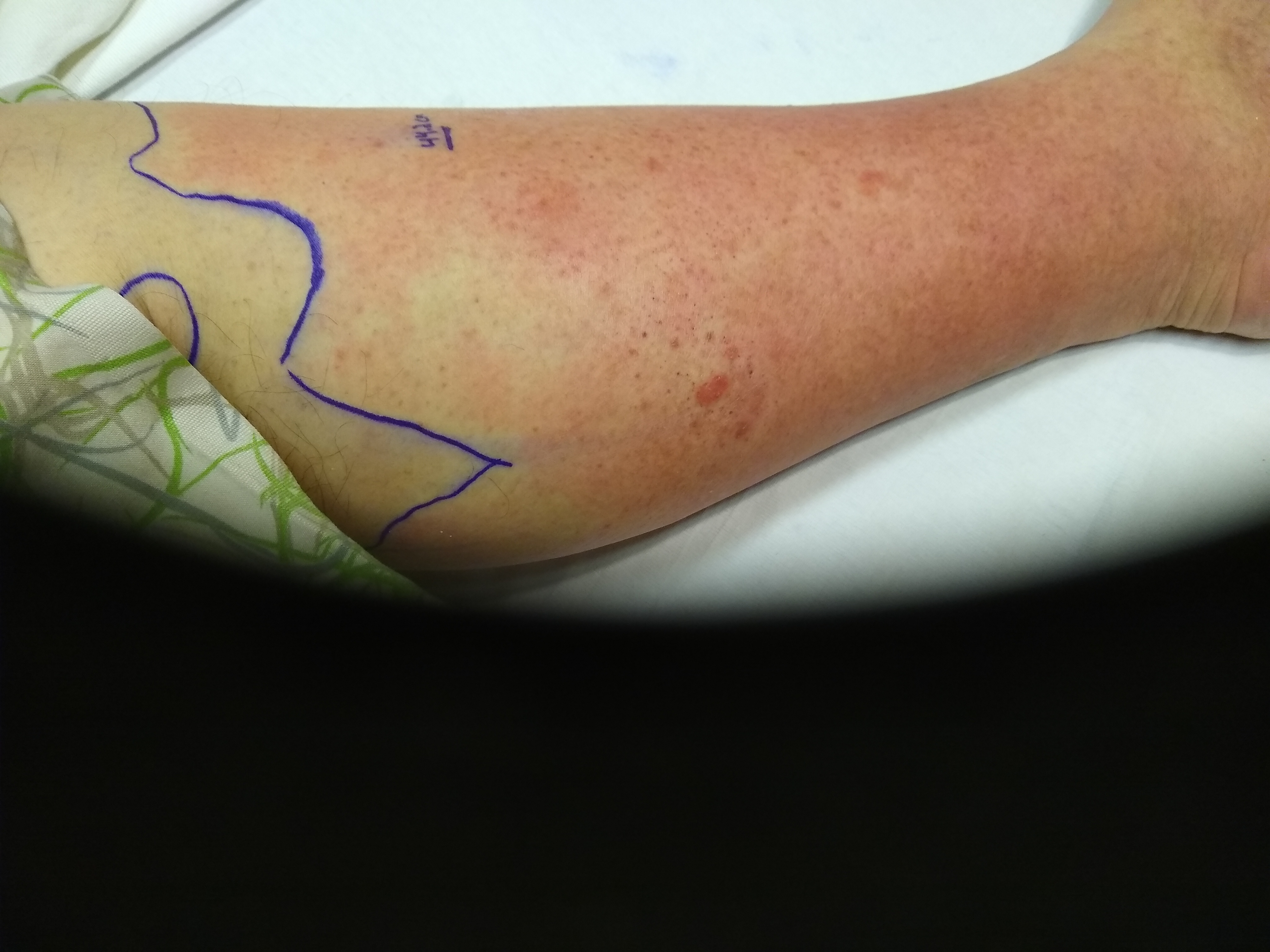 Thailand’s Department of Disease Control (DDC) has confirmed that the country has not reported any cases of necrotising fasciitis, commonly known as the “flesh-eating” disease, this year. This announcement comes as Japan experiences a concerning outbreak of the illness. The DDC is closely monitoring the situation in both Japan and Thailand.
Thailand’s Department of Disease Control (DDC) has confirmed that the country has not reported any cases of necrotising fasciitis, commonly known as the “flesh-eating” disease, this year. This announcement comes as Japan experiences a concerning outbreak of the illness. The DDC is closely monitoring the situation in both Japan and Thailand.
Necrotising fasciitis is a rare bacterial infection that spreads rapidly in the body and can be fatal if not treated promptly. The DDC reassures the public that the preventive measures put in place to combat Covid-19 are also effective in preventing this bacterial illness. They highlight that over 200 different bacteria can cause necrotising fasciitis, with Group A Streptococcus being the most common culprit.
According to the DDC, there were a total of 106,021 cases of necrotising fasciitis recorded between 2019 and the end of last year, resulting in 1,048 deaths. However, there has been a decline in morbidity rates in Thailand, with the number of cases typically peaking during June and July each year. In 2020, the morbidity rate decreased to 27.35 per 100,000 people from the previous rate of 32.5.
Understanding the importance of early detection and treatment, the DDC emphasizes that scarlet fever serves as a warning sign for a potential Group A Streptococcus infection. While scarlet fever itself is not dangerous, it indicates the presence of Group A Strep infection, which can progress to more serious conditions like necrotising fasciitis or toxic shock syndrome if left untreated.
The recent outbreak in Japan has raised concerns, with the number of cases surpassing more than half of last year’s total. The Tokyo Metropolitan Government reported 88 cases in the city and 517 cases overall. Although the exact cause is still under investigation, some experts speculate that Japan’s relaxation of Covid-19 preventative measures may have contributed to the surge in infections.
In light of this outbreak, residents in northern Thailand have been specifically warned about the flesh-eating disease. The DDC urges everyone to remain vigilant and follow recommended hygiene practices to minimize the risk of infection.
The absence of necrotising fasciitis cases in Thailand this year is reassuring news. However, it serves as a reminder that diseases can easily spread across borders, and monitoring and preventive measures are crucial to ensure public health and safety. By staying informed and taking necessary precautions, we can collectively combat the threat of necrotising fasciitis and other infectious diseases.

